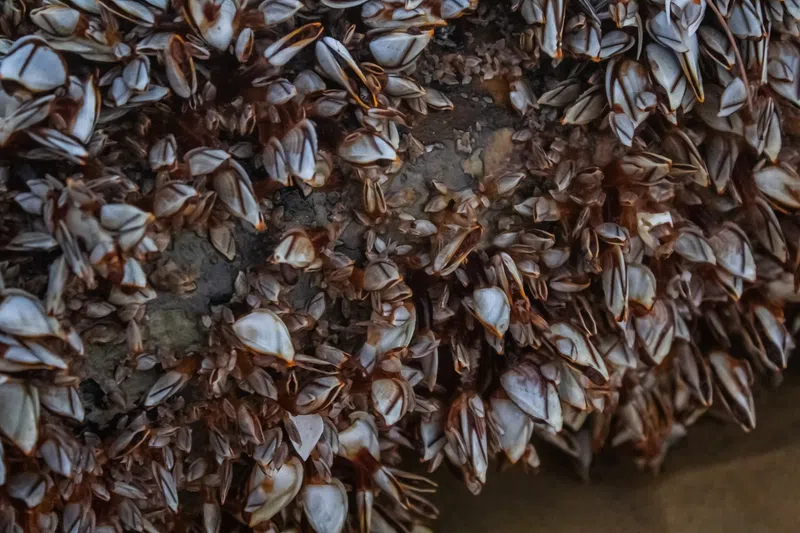In November 2023, Parks Canada received preliminary test results from water samples collected from Clear Lake throughout the summer.
The results indicated the presence of environmental DNA (eDNA) for zebra mussels at Boat Cove throughout the season. Upon receiving these test results, staff conducted further monitoring and sampling. As a result of this work, Parks Canada staff have confirmed the presence of zebra mussels at Boat Cove.
The boat launch area is closed until 2024. Parks Canada is working with partner organizations to analyze these results.
The information bulletin is published online here: Important bulletins – Riding Mountain National Park (canada.ca)
Information about eDNA and zebra mussels can be found on the RMNP website: Facts and FAQs about AIS – Riding Mountain National Park (canada.ca)
Zebra mussels are small, clam-like aquatic animals native to Eastern Europe and Western Asia. They are 1-3 cm (0.4-1.2 inches) long, have triangular or “D” shaped shells, and most have light and dark brown bands on their shells.
Zebra mussels were discovered in Lake Erie in the mid-1980s. They were accidentally transferred from their native range by cargo ships. Within a decade, the mussels had spread throughout the Great Lakes and many inland water bodies in the Mississippi watershed to the Gulf of Mexico. Since then, they have spread to hundreds of other water bodies, mainly in eastern North America.
The mussels aggressively invade new areas and reproduce quickly. Females can produce upwards of one million eggs per year. They colonize almost any hard underwater surface, including watercraft hulls and can interfere with engine cooling systems, power plants, water treatment plants, and cottages by clogged intake structures.
The invasive species also threatens native fish and wildlife by reducing algae and food resources at the base of the food chain.














